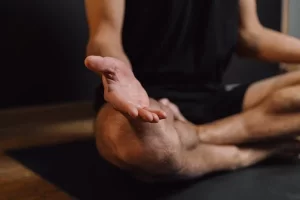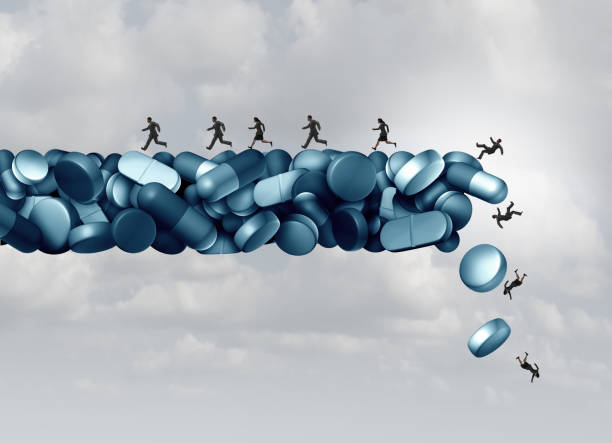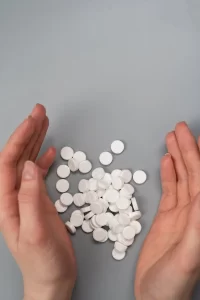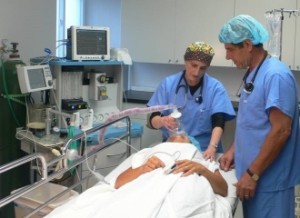 Rapid opiate detoxification programs offer a unique approach to tackling opiate addiction, providing individuals with a swift path to recovery. These programs, also known as rapid detox, aim to accelerate the withdrawal process, allowing individuals to detoxify from opiates in a shorter timeframe compared to traditional methods. While rapid detox programs have garnered attention for their efficiency, they also come with their own set of considerations and benefits.
Rapid opiate detoxification programs offer a unique approach to tackling opiate addiction, providing individuals with a swift path to recovery. These programs, also known as rapid detox, aim to accelerate the withdrawal process, allowing individuals to detoxify from opiates in a shorter timeframe compared to traditional methods. While rapid detox programs have garnered attention for their efficiency, they also come with their own set of considerations and benefits.
One of the primary advantages of rapid opiate detoxification programs is the speed at which individuals can complete the detox process. Traditionally, opiate withdrawal can be a prolonged and uncomfortable experience, lasting several days or even weeks. Rapid detox programs utilize medications and anesthesia to expedite the withdrawal process, enabling individuals to complete detoxification in a matter of days, or sometimes even hours. This rapid approach can be appealing to individuals who are eager to begin their journey to recovery without enduring prolonged withdrawal symptoms.
Moreover, rapid opiate detoxification programs are conducted under medical supervision, ensuring the safety and well-being of participants throughout the process. Medical professionals closely monitor individuals undergoing rapid detox, adjusting medications and providing support to manage any withdrawal symptoms or complications that may arise. This level of medical oversight offers peace of mind to participants and their families, knowing that they are in capable hands during this critical phase of treatment.
Additionally, rapid opiate detoxification programs often incorporate comprehensive support services to address the multifaceted aspects of addiction recovery. Beyond detoxification, participants may receive counseling, therapy, and aftercare planning to support their long-term recovery goals. These holistic approaches help individuals address the underlying factors contributing to their addiction and develop coping strategies for maintaining sobriety beyond the detoxification process.
Despite these benefits, it's essential to acknowledge that rapid opiate detoxification programs may not be suitable for everyone. Individuals with certain medical conditions or a history of severe addiction may require alternative approaches or more gradual detoxification methods. Additionally, rapid detox programs typically involve anesthesia, which carries inherent risks and requires careful consideration of individual health factors.
Furthermore, the effectiveness of rapid opiate detoxification programs in sustaining long-term sobriety remains a topic of debate among healthcare professionals. While rapid detox can provide a rapid resolution to physical dependence on opiates, successful long-term recovery often requires ongoing support, therapy, and lifestyle changes to address the psychological and behavioral aspects of addiction. Therefore, individuals considering rapid detox should also prioritize participation in comprehensive addiction treatment programs to maximize their chances of sustained recovery.
In conclusion, rapid opiate detoxification programs offer a swift and structured approach to addressing opiate addiction, providing individuals with an accelerated path to recovery. These programs combine medical supervision, support services, and comprehensive treatment approaches to help individuals safely navigate the detoxification process and lay the foundation for long-term sobriety. However, it's crucial for individuals to carefully consider their individual needs and consult with healthcare professionals to determine the most appropriate treatment approach for their recovery journey.

 Opiate addiction is a growing health concern in the United States and worldwide. As a highly addictive and dangerous class of drugs, opiates can be difficult to beat without the right kind of help and support. Fortunately, opiate addiction is a treatable condition, and there are various treatment options and strategies available for those seeking help.
Opiate addiction is a growing health concern in the United States and worldwide. As a highly addictive and dangerous class of drugs, opiates can be difficult to beat without the right kind of help and support. Fortunately, opiate addiction is a treatable condition, and there are various treatment options and strategies available for those seeking help.




